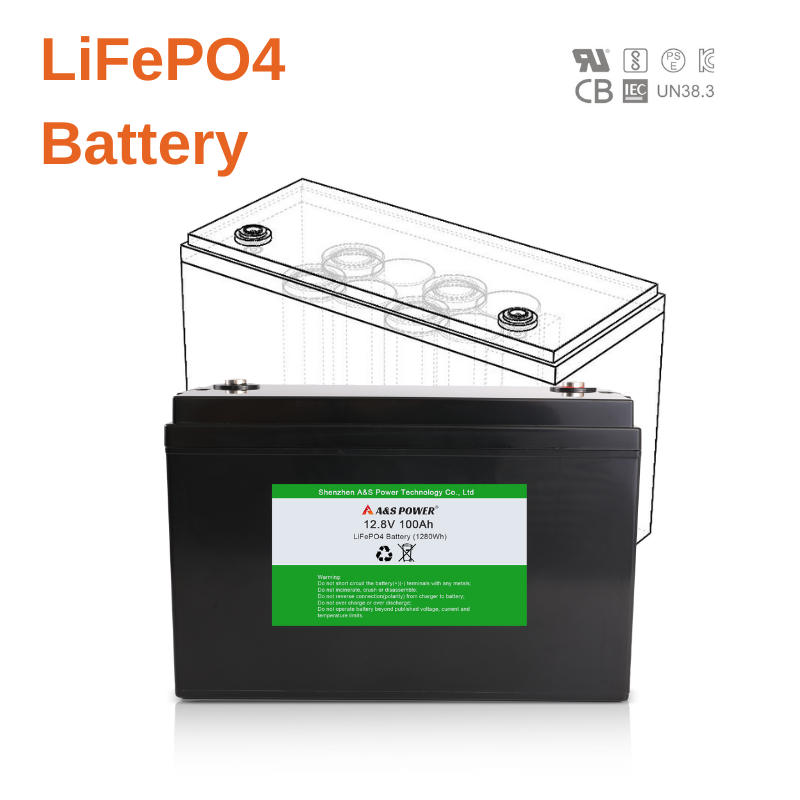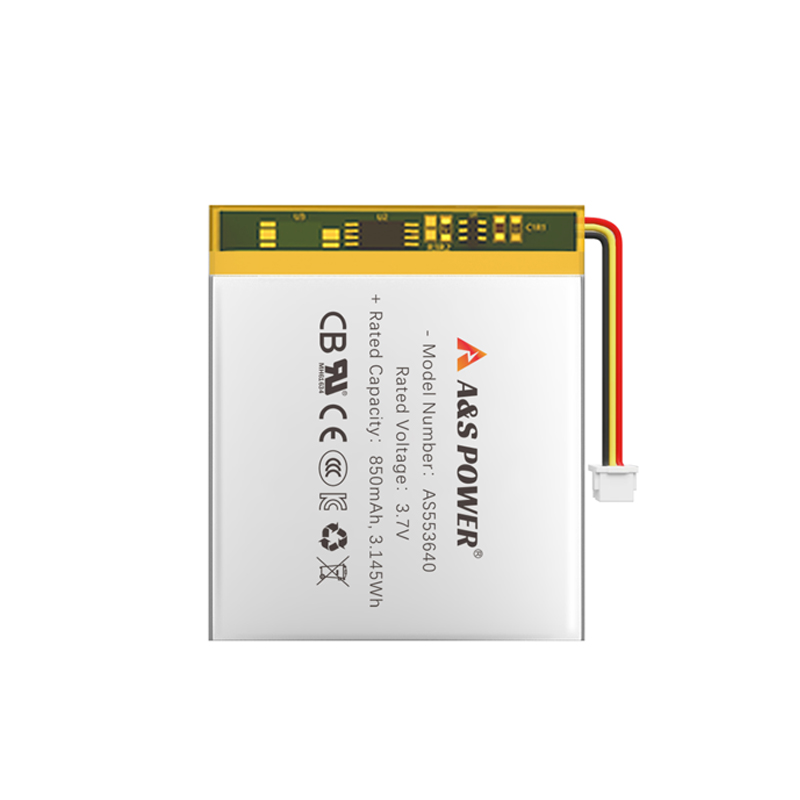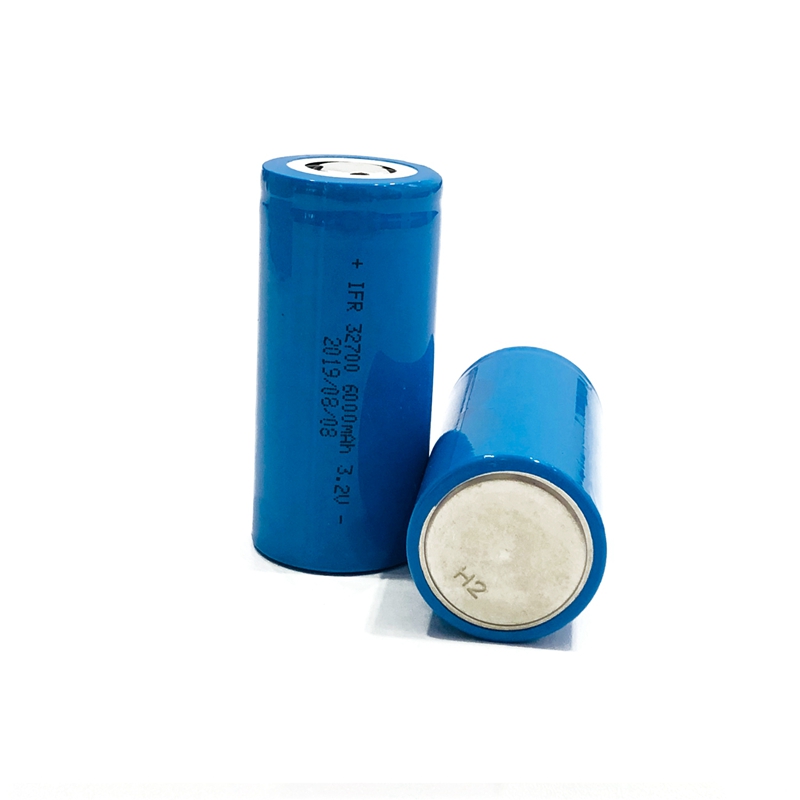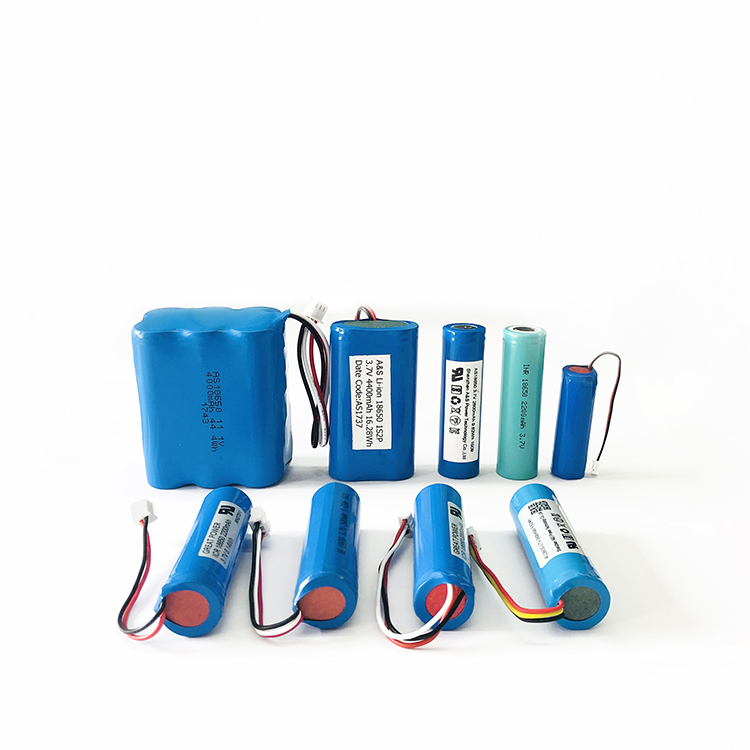Battery
Application
Hot product
Contact us
PRBA Opposes NTSB’s Lithium Battery Recommendations Cites Risk to Medical Patients
2021-07-02
PRBA-The Rechargeable Battery Association challenged the National Transportation Safety Board’s recommendations that would ban shipments by air of prototype lithium batteries.
In a letter to the U.S. Department of Transportation’s Pipeline and Hazardous Materials Safety Administration, PRBA warned that implementation of the NTSB’s recommendations would prevent its members from operating globally and “endanger the safety of medical patients” who depend on lithium batteries to power life-saving medical devices such as ventilators. Likewise, the NTSB’s recommendations “would jeopardize the ability of the United States military” to protect combat soldiers using equipment powered by lithium batteries.
PRBA challenged the NTSB’s opinion that addressed purported safety “gaps” in regulations governing the transport of prototype lithium batteries by air. The NTSB’s recommendations followed its investigation of a single incident involving one air shipment of lithium ion batteries. The batteries were shipped by a battery manufacturer who failed to comply with nearly all mandatory requirements of the U.S. hazardous material regulations (HMR) and International Civil Aviation Organizations Technical Instructions. Nor did the company apply for and obtain a required special permit from the DOT to ship their prototype lithium batteries by air. These special permits ensure the batteries are safe for transport and would have revealed the manufacturing design defects of the battery involved in the incident investigated by the NTSB.
“In short, the battery manufacturer’s failure to comply with the U.S. HMR and ICAO Technical Instructions and the poorly designed battery led to this incident,” PRBA said.
PRBA also disagreed with the NTSB’s finding that U.S. DOT Special Permit 20323 fails to provide sufficient testing and evaluation of prototype lithium batteries. According to shipping data compiled by DOT, 136 air shipments of prototype lithium batteries have been safely made under SP 20323. Not a single incident has been reported since the permit was first issued in January 2017, the letter noted.
Rather than banning air shipments of prototype lithium batteries, PRBA encouraged DOT to share with international dangerous goods aviation authorities its regulatory and technical expertise on issuing lithium battery special permits and approvals that the department has acquired over the past 30 years.
In a letter to the U.S. Department of Transportation’s Pipeline and Hazardous Materials Safety Administration, PRBA warned that implementation of the NTSB’s recommendations would prevent its members from operating globally and “endanger the safety of medical patients” who depend on lithium batteries to power life-saving medical devices such as ventilators. Likewise, the NTSB’s recommendations “would jeopardize the ability of the United States military” to protect combat soldiers using equipment powered by lithium batteries.
PRBA challenged the NTSB’s opinion that addressed purported safety “gaps” in regulations governing the transport of prototype lithium batteries by air. The NTSB’s recommendations followed its investigation of a single incident involving one air shipment of lithium ion batteries. The batteries were shipped by a battery manufacturer who failed to comply with nearly all mandatory requirements of the U.S. hazardous material regulations (HMR) and International Civil Aviation Organizations Technical Instructions. Nor did the company apply for and obtain a required special permit from the DOT to ship their prototype lithium batteries by air. These special permits ensure the batteries are safe for transport and would have revealed the manufacturing design defects of the battery involved in the incident investigated by the NTSB.
“In short, the battery manufacturer’s failure to comply with the U.S. HMR and ICAO Technical Instructions and the poorly designed battery led to this incident,” PRBA said.
PRBA also disagreed with the NTSB’s finding that U.S. DOT Special Permit 20323 fails to provide sufficient testing and evaluation of prototype lithium batteries. According to shipping data compiled by DOT, 136 air shipments of prototype lithium batteries have been safely made under SP 20323. Not a single incident has been reported since the permit was first issued in January 2017, the letter noted.
“We share NTSB’s concern with the safe transport of lithium batteries by air,” but disagree with its recommendations, which punish companies who are taking all the steps necessary to comply with U.S, and international air transport regulations, the letter stated.
“One company’s failure to comply with the U.S. and international lithium battery air transport regulations and its poor battery manufacturing and design capabilities should not be used as justification for amending the regulations or claiming there is a ‘gap’ in the existing lithium battery regulatory structure,” the letter concluded.Rather than banning air shipments of prototype lithium batteries, PRBA encouraged DOT to share with international dangerous goods aviation authorities its regulatory and technical expertise on issuing lithium battery special permits and approvals that the department has acquired over the past 30 years.












